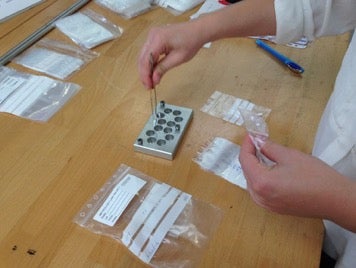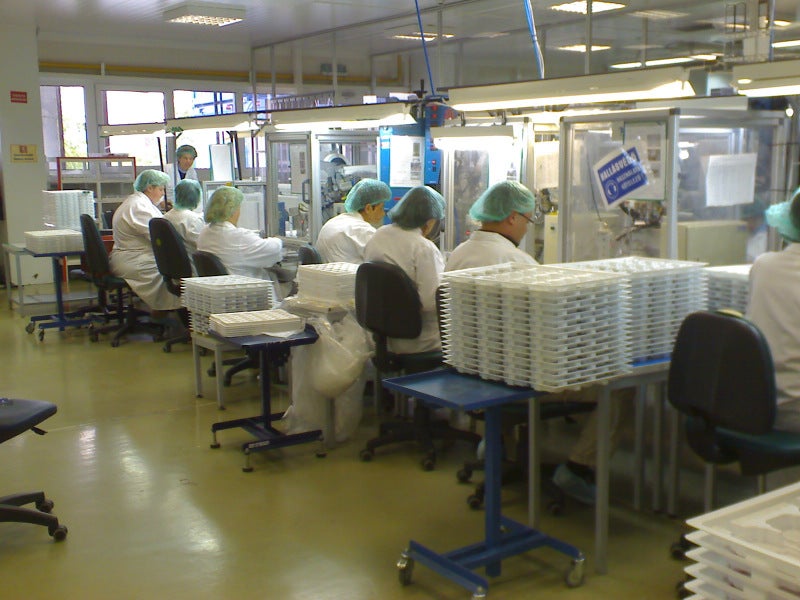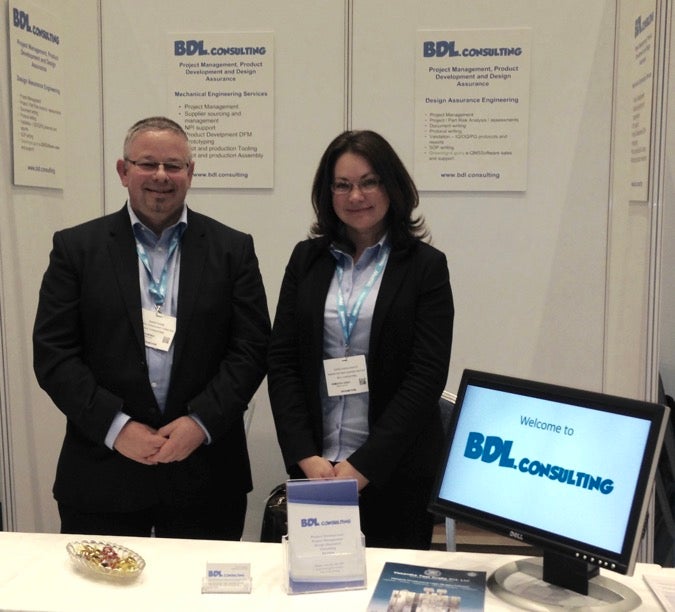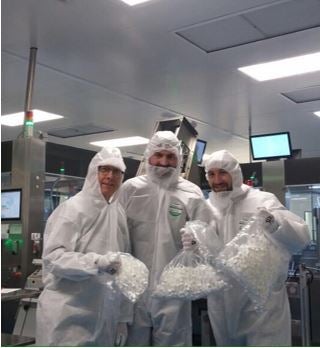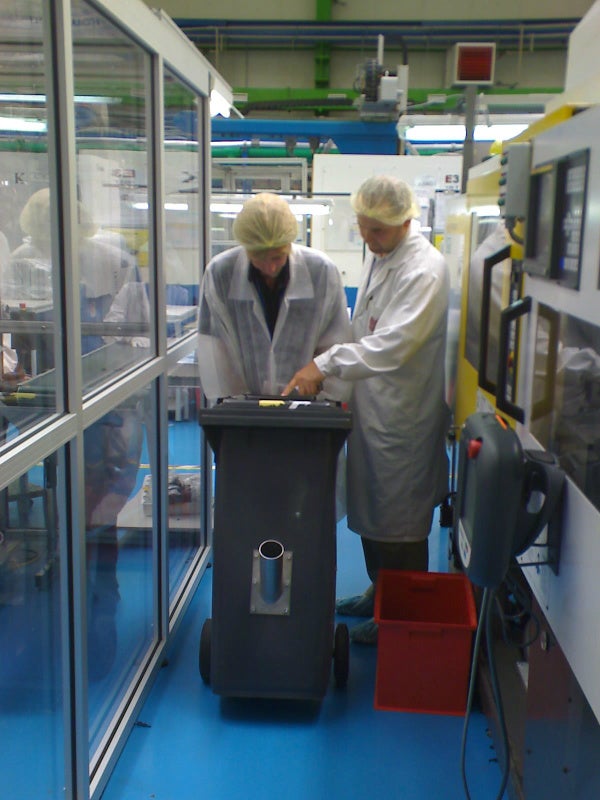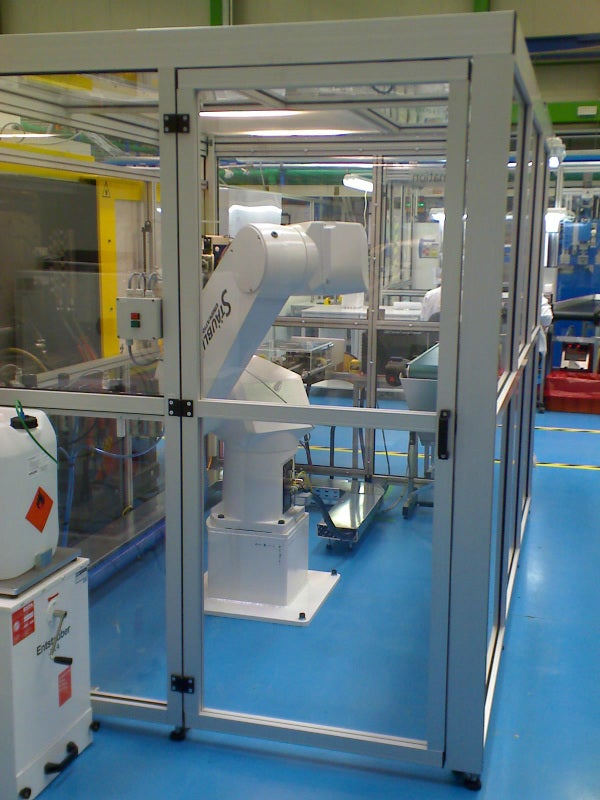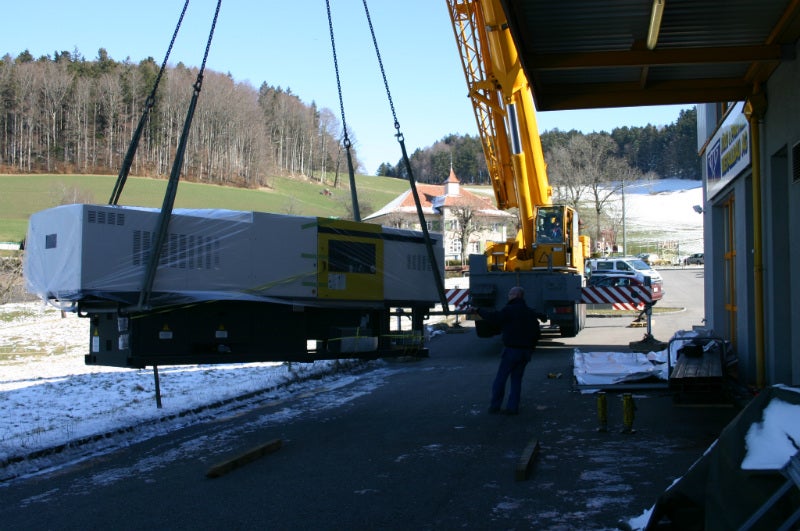Bartek Design Limited (BDL) Consulting is a mechanical engineering company who support new product instructions (NPI) of medical devices from product concept to manufacturing, offering services on a freelance consulting basis.
We take products from the design phase through to manufacturing, beginning with industrial design. For the manufacturing phase of the project, we support the procurement and installation of equipment, which is finally approved and certified with the validation phase.
Industrial design of medical devices
BDL Consulting’s Industrial Design Division use state-of-the-art Computer-Aided-Design (CAD) software to design and develop the mechanical medical devices. We have experience in designing personal drug delivery devices such as wet and dry inhalers, insulin pens and nasal sprays.
Our recent projects include wearable monitoring devices that feature biochemical sensors with optoelectronics and mechanical applicators that connect with smartphones for data gathering and display.
Before medical devices, we spent several years working in the consumer electronics industry, specifically on mobile phones. This technology is now transferring to personal wearables. Therefore, our mobile phone knowledge is paying dividends in this growth area of individual monitoring and data gathering medical devices.
We now have global registered device design patents on some of these devices.
BDL Consulting also designs mechanical jigs and fixtures, which aid in prototype builds and laboratory testing of the mechanical devices.
Design and development process of medical devices
Documents and design controls for new products must adhere to the International Organisation for Standardisation (ISO) 13485: 2016 / 21 Code of Federal Regulations (CFR) 820.30 regulations. User needs, design inputs and outputs, as well as design verification and validation, are critical parts of any medical device project.
With experience in the design and manufacture of mass-production plastic and electronic goods, BDL Consulting has gained knowledge in the area of quality controls and documentation. When combined with up-to-date certified training, we create design controls and risk management documents for the device history file (DHF) and medical device regulation (MDR).
New product introduction for the medical device industry
Our background is primarily in the design for manufacturing (DFM) of consumer products. We specialise in optimising goods for the production process and this involves working closely with chosen supplier partners for a project.
We practise early supplier involvement (ESI) to bring suppliers in at the industrial design phase of the device. This allows them to directly contribute to the design of individual parts for specific manufacturing and final combination assembly processes. This approach enables us to achieve project goals by saving costly redesigns and reworking expensive manufacturing equipment.
Validation of manufacturing equipment
Validation is a crucial part of the manufacturing process so each piece of equipment must be specified, designed and built accordingly. Once complete, it must be installed and proven to work, with the ability to perform the desired output task.
The equipment validation process is where the final phase of design controls is implemented.
At BDL, we are certified validation engineers and have installed and validated many production lines.
Project management for equipment installations
BDL is often hired as project managers to oversee equipment builds. These roles are typically in the form of tooling engineers for injection mould tooling or equipment / automation engineers for assembly lines.
Our manufacturing experts support the procurement of equipment, from the initial design, build and installation phases to validation.
About BDL
Bartek Design was established in 1998 by Barry Lyons as an injection mould tool design company. We went limited in 2003, winning manufacturing consultancy projects for assisting global contract manufacturing organisation (CMO) companies in Eastern Europe and China.
The move into medical devices during the 2000s prompted a quality approach, supporting the manufacture of pharmaceutical companies’ drug delivery devices.



